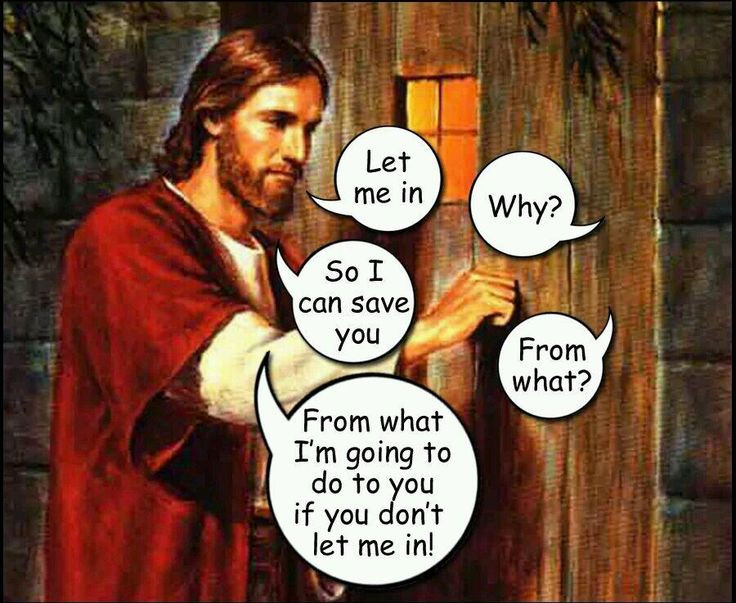The Epistles of Paul - Ephesians Part 2: The Foundation of the Prophets
The Epistles of Paul - Ephesians Part 2: The Foundation of the Prophets
Opening our presentation of this epistle to the Ephesians, we saw Paul of Tarsus begin to describe the purpose of the will of Yahweh God in relation to His plan for the ages: that He has had a particular people who were chosen from the “foundation of the society” who were preordained for the position of sons of God. Because of that predestination, in Christ these particular people have redemption and the dismissal of their transgressions. Paul then asserted that with this understanding, the mystery of the will of Yahweh God had been made known, and that through that redemption, those same people have obtained an inheritance for which they were preordained according to the purpose of Yahweh and in accordance with the design of the will of Yahweh. Paul then explained that this is all relevant to those particular people “who before had expectation in the Christ” and accepting the Gospel that those same people, among whom were the Ephesians, “have been sealed with the Holy Spirit of the promise, which is a deposit of our inheritance, in regard to redemption of the possession, in praise of His honor.”






 Please click here for our mailing list sign-up page.
Please click here for our mailing list sign-up page.







